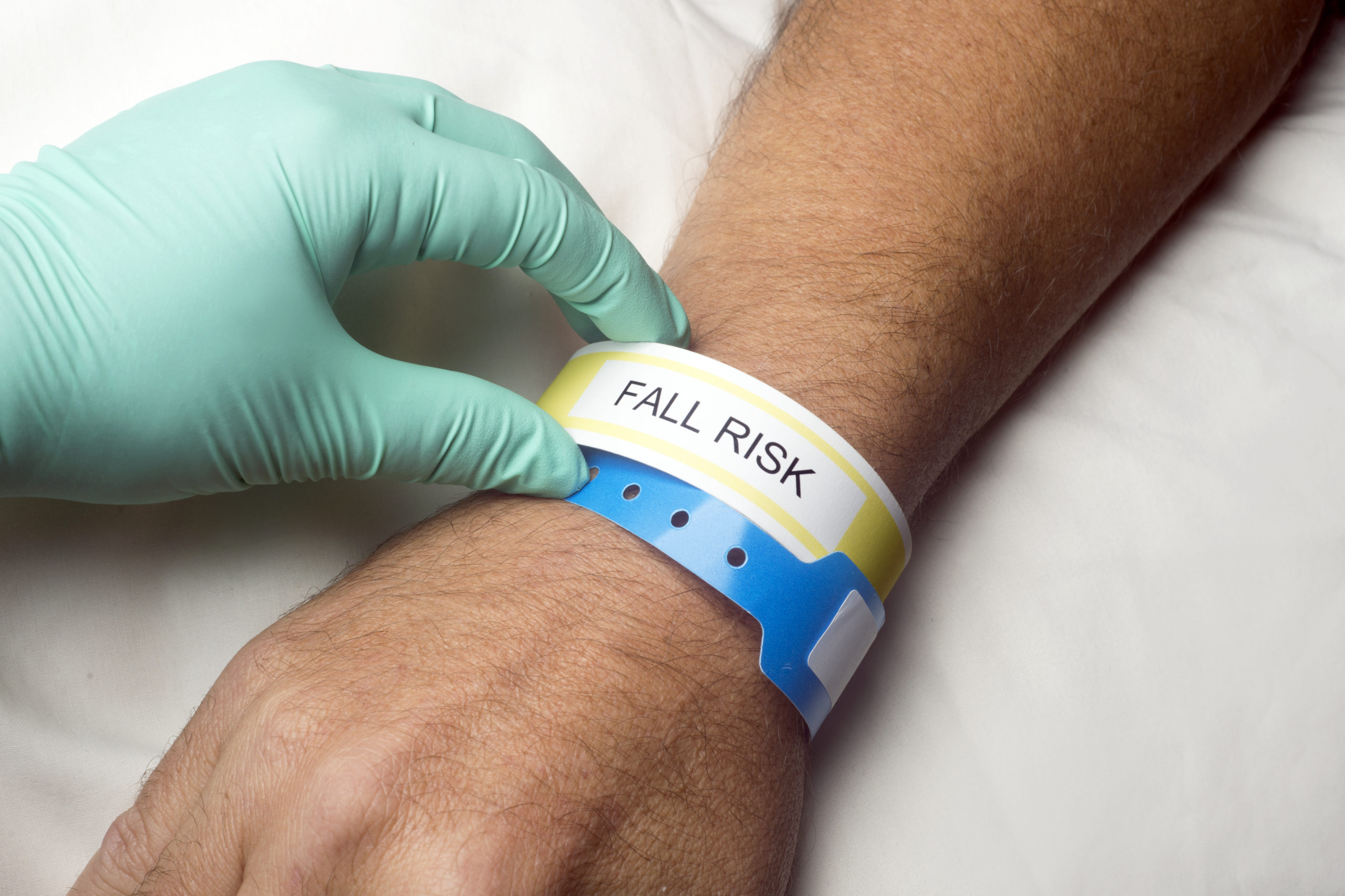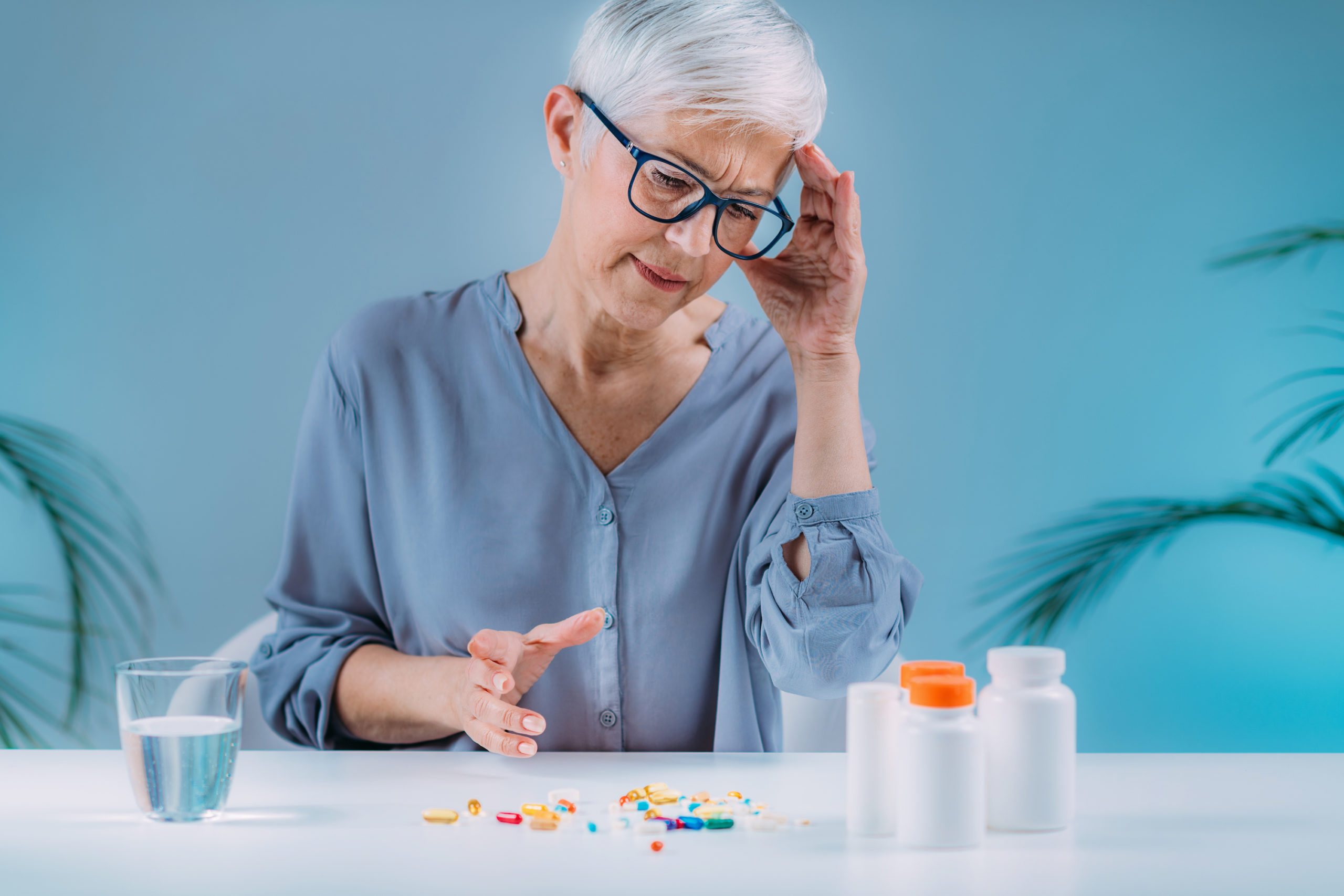Medication Adherence
August 16th, 2022 by Millennium Physician GroupHARNESSING THE FULL POWER OF YOUR PRESCRIPTIONS
If you’re one of the millions of Americans prescribed medication for a chronic health condition, you might be doing something wrong. You visit your doctor and get a prescription, but do you actually fill it and finish taking it? Turns out, getting that prescription from your doctor is only half the battle. Millennium Physician Group Internal Medicine Physician Bruce Lipschutz, DO, explains the importance of actually taking the medications you’re prescribed.
“The importance of taking your medications is an obvious one in the sense that if you don’t take them, then what the meds are being treating for won’t happen,” he says.” So, you won’t get better potentially.”
Dr. Lipschutz says when patients aren’t taking their medications as prescribed, often they have either one of two things happening.
“I think with medication adherence or compliance in taking your medications, it really depends on the generation, to a certain extent. Some of the older folks are confused. They didn’t even realize it was at the pharmacy, even though we talked about it three or four times during the visit. Or they may protest, ‘I didn’t want to take that medication, there were too many blood pressure medicines, I don’t want to take them all.’ And we try to reinforce every single visit the whole list of medications they’re taking.
It’s been reported that adherence to chronic medications is only around 50%. The World Health Organization says medication adherence can affect quality and length of life, health outcomes, and overall healthcare costs.
“Patients can prepare by knowing their list,” advises Dr. Lipschutz. “If they’re on 20 medicines, it’s going to be hard to do. So either bring the pills in if they’re not sure, or bring the list in, and be familiar with them.”
A strong doctor-patient relationship with trusted, open communication is vital to making the most of your medications.
“The importance of making sure they’re taking their medications is the whole reason I’m a doctor,” admits Dr. Lipschutz. “If they’re not taking their medications, then it doesn’t really allow me to do anything else. I’m supposed to make sure they’re taking their medications safely, in the right way, for a better result.”
“The importance of taking your medications is an obvious one in the sense that if you don’t take them, then what the meds are being treating for won’t happen,” he says.” So, you won’t get better potentially.”
Dr. Lipschutz says when patients aren’t taking their medications as prescribed, often they have either one of two things happening.
“I think with medication adherence or compliance in taking your medications, it really depends on the generation, to a certain extent. Some of the older folks are confused. They didn’t even realize it was at the pharmacy, even though we talked about it three or four times during the visit. Or they may protest, ‘I didn’t want to take that medication, there were too many blood pressure medicines, I don’t want to take them all.’ And we try to reinforce every single visit the whole list of medications they’re taking.
It’s been reported that adherence to chronic medications is only around 50%. The World Health Organization says medication adherence can affect quality and length of life, health outcomes, and overall healthcare costs.
“Patients can prepare by knowing their list,” advises Dr. Lipschutz. “If they’re on 20 medicines, it’s going to be hard to do. So either bring the pills in if they’re not sure, or bring the list in, and be familiar with them.”
A strong doctor-patient relationship with trusted, open communication is vital to making the most of your medications.
“The importance of making sure they’re taking their medications is the whole reason I’m a doctor,” admits Dr. Lipschutz. “If they’re not taking their medications, then it doesn’t really allow me to do anything else. I’m supposed to make sure they’re taking their medications safely, in the right way, for a better result.”
Latest Health News

Fall Risk Assessment
Find Out if You’re At Risk for a Fall Grab a chair and a stopwatch and take thirty seconds for a simple test that can help reduce your risk of falling. Falls are pretty common in adults 65 and older. In fact, the Centers for Disease Control and Prevention (CDC) and the American Geriatric Society ...
Medicare and Lifestyle
Living Your Healthiest Life at Every Age The best way to stay healthy is to live a healthy lifestyle and prevent disease. Sounds simple enough. And if you’re 65 or turning 65 soon, Medicare can help. You might not realize Medicare covers many preventive services to keep you healthy, including exams, shots ...
Medication Adherence
Harnessing the Full Power of Your Prescriptions If you’re one of the millions of Americans prescribed medication for a chronic health condition, you might be doing something wrong. You visit your doctor and get a prescription, but do you actually fill it and finish taking it? Turns out, getting ...
